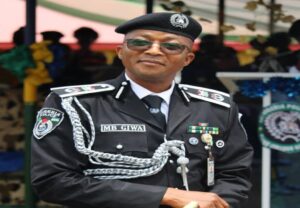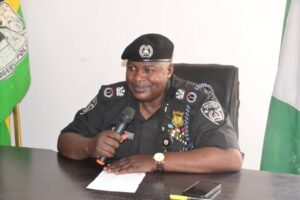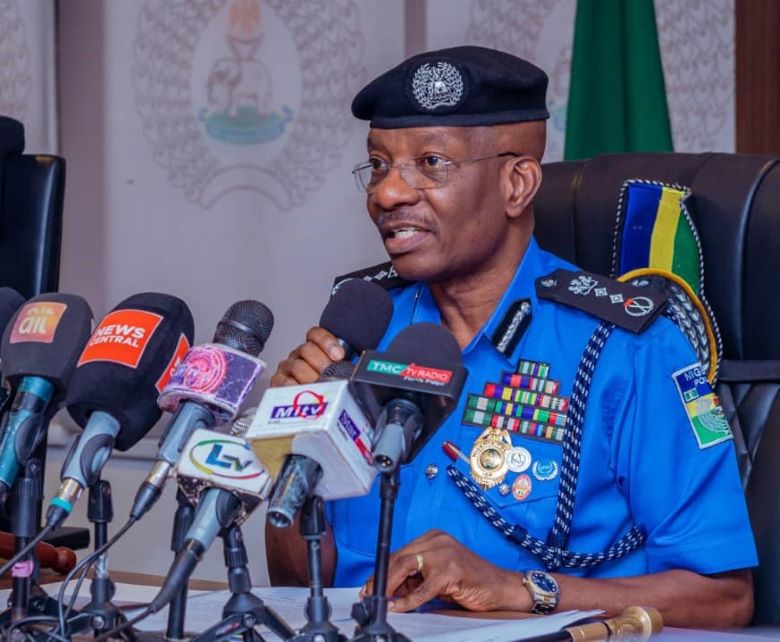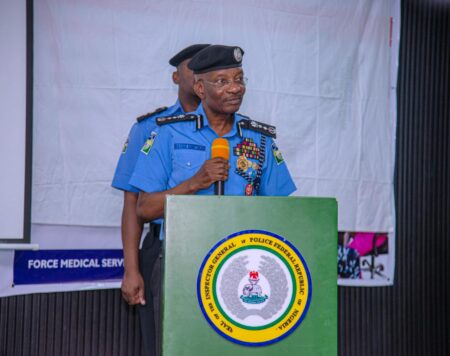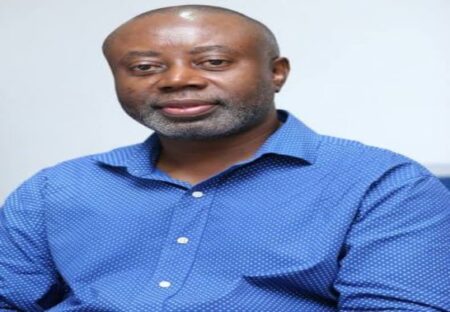By Henry Omoregie
This screenshot of a tweet by the Institute of Economics and Peace (IEP) Global Peace Index aptly sums up both the Nigerian Question and The ANSWER to the NIGERIAN QUESTION…
Read the tweet again slowly ..then let it sink.
The single entity called Nigeria was formed in 1914 (by a total stranger, Frederick Lugard) from about 3,000+ ethnic nationalities, subsumed under hundreds of supranational delineations, and later regionalized, then ‘federalized’ and finally unitarized in January 1966.
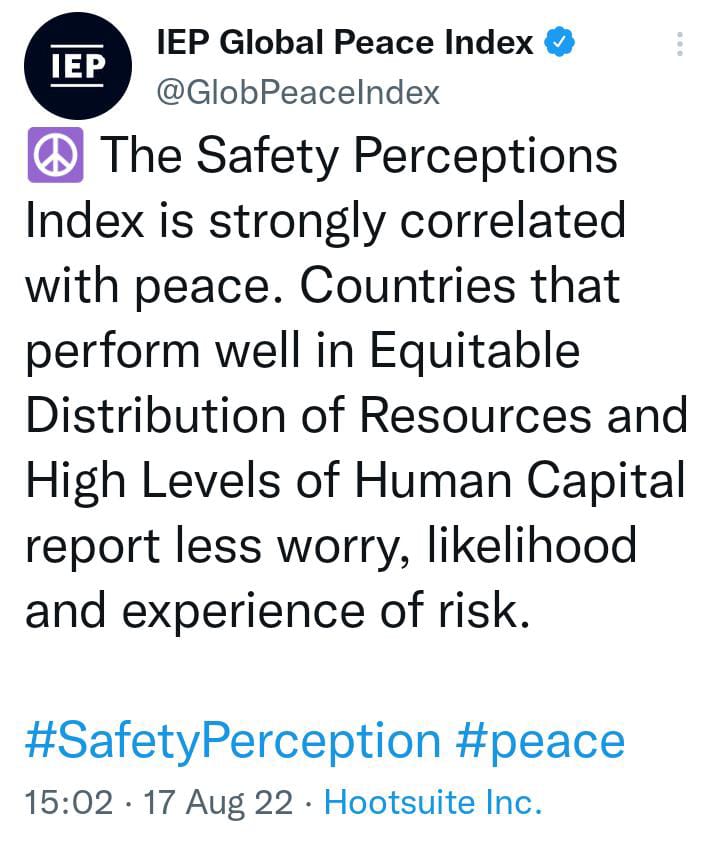
In the 1990s Nigeria was geopolitical-ized to give a sense of well-being and judicious allocation of political resources to every section of the country. Sections of the constitution clearly warned against a preponderance of particular regions or ethnic conglomeration over the others in employment ratios. There is a Federal Character Commission statutorily recognized to regulate such aspects of inclusivity in the Nigeria Project.
In the beginning, during colonial rule by Britain, this federal Character principle was evident in almost every region. People were also employed and appointed on merit. Square pegs in square holes. As independence from Britain in 1960 beckoned, things began to change. The perception of ethnic minorities in Nigeria as dominated by other ethnic groups with more population prompted the British Colonial Authority to constitute the Henry Willink Commission to advise it on ways and means of managing the fears of the minorities from virtually every geopolitical zone in Nigeria.
The ethnicity imbroglio has reared its ugly head after hiding it due to over three decades of military rule. During military dictatorships in Nigeria spanning between 1966 to 197 and 1983 to 1999, efforts were made not to stoke the fiery aspect of project Nigeria – lack of federal character considerations in federal appointments and employment.
Things worked in fits and starts in a nation with the most populous black beings and well endowed with natural resources.
Fast-forward to 2022, as Nigerians prepare for an epoch-making presidential election, lots of people think that this is a platter of gold opportunity to rejig Nigeria by jettisoning any dream of north-to-north transition or same-faith presidential candidacy.

To those who seek sustainable peace and development for Nigeria, the election of 2023 is a once-in-a-lifetime opportunity to reawaken a sense of justice and Fair play that has eluded the minds of many in the last decade. Many have resigned themselves to ‘fate’, perceiving a handover to another Nigerian of northern extraction or a geopolitical zone that has already produced a president and a vice president in the last two decades while the only region that has not tasted the opportunity to lead, is being given a cold shoulder by some people.
To ensure peace and development, many have queued up behind the candidacy of Peter Obi and Yusuf Datti Baba-Ahmed for a change, and their numbers keep upping every day. Amongst the many, are youths who make up the hugest ratio of the voting public with permanent voter’s cards
However, others believe leadership is their birthright and prerogative. They have a large following even among the oppressed who through expected incidences of prebendalism view their support as political investments in opportunities to get contracts awarded to them, get them and their relatives appointed into government or employed in choice parastatals.
Some others who do not care about the future of Nigeria as a peaceful, equitable, and just society are those who are already employed in government circles and believe a new government that has zero tolerance for giving ‘shishi’ will end their corrupt means of greedy livelihoods.
Failure to use the next presidential election to ensure the equitable distribution of ‘the presidency resource’ to an under-served geopolitical zone -the South East – could spell avoidable doom in Nigeria in the coming years.
The spirit of hopefulness has been rekindled with the Independent Electoral Commission’s efforts in tackling election malpractices through the BiVAS technology. However, skeptics believe the voter’s register needs more sanitization due to repeated identities and underage-looking voters found in the display of registered voters on the INEC website.
The time to salvage Nigeria is just around the corner. 2023 beckons.
